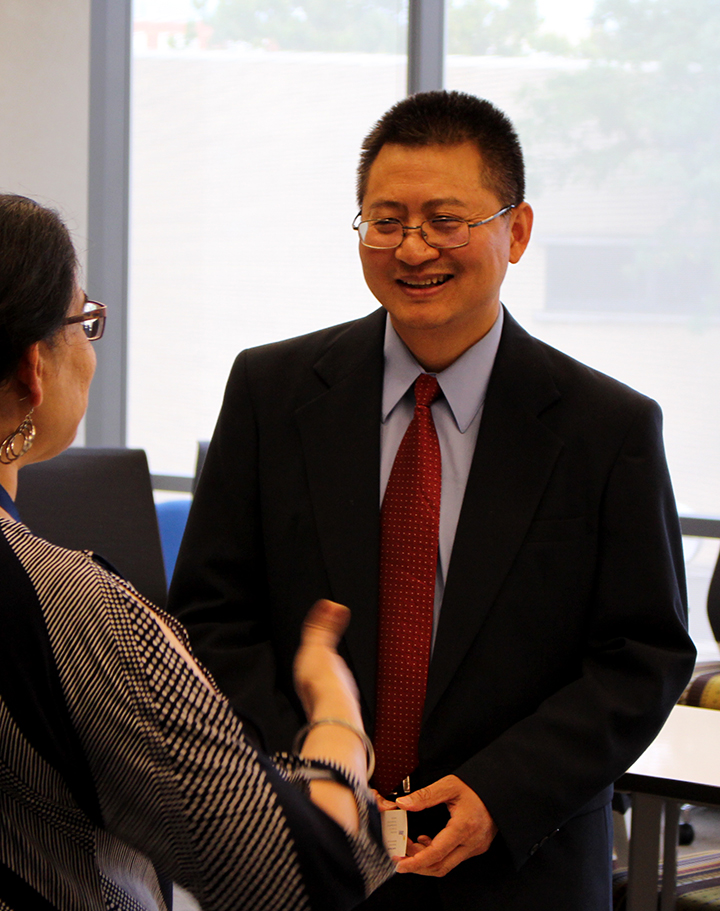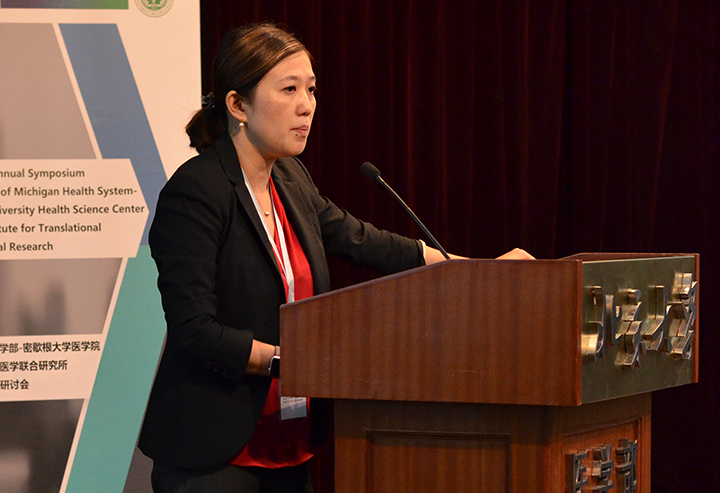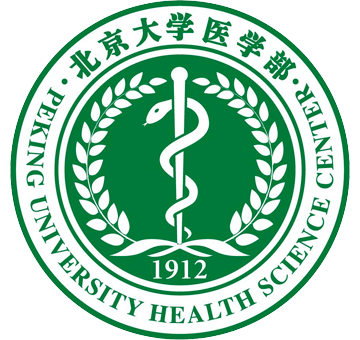JI project to deploy bioinformatics in fight against COVID-19
A new Joint Institute-funded project aims to identify the risk and mechanisms of kidney failure in COVID-19 patients using bioinformatics tools.
University of Michigan Medical School Associate Professor of Microbiology Oliver He, working with Peking University Institute of Nephrology Professor Luxia Zhang, MD, will collaborate to explore the pathogenesis, clinical phenotypes, and risk factors of COVID-related acute kidney injury (AKI). Along with the lungs and heart, COVID-19 has been shown to impact kidney function in some patients.
“We have different backgrounds. Dr. Zhang and her team are clinical experts with extensive experience treating AKI patients. I have been working on kidney disease ontologies. It’s a good match and I am very happy to work with them,” He said.
He is an international leader in ontology, an emerging field of biomedical informatics that explores how computers can help classify and sort large data sets from different sources for large-scale medical research. Over the past few years, Dr. He has worked extensively with the Michigan Medicine nephrology group on an ontology platform for a national kidney disease precision medicine project. Separately, he developed an ontology platform this summer to begin organizing and categorizing the rapidly growing body of COVID-19 research, a first in the field.
“While I focus now on bioinformatics, my master’s training was in viral infectious diseases and my PhD was on bacterial infectious diseases,” He said. “After COVID, I thought I needed to do something. It is the intersection of my two passions – infectious disease and computer science – and I wanted to make a difference.”
The new project will use He’s Coronavirus Infectious Disease Ontology (CIDO) system to begin to standardize, categorize and analyze data from multiple sources – Chinese and American – to define and explore the characteristics of COVID-related kidney injury. In China earlier this year, Zhang helped lead a multi-center study that compared early- versus late-stage kidney injury patients (i.e., how quickly in the progression of the disease did the virus impact the kidneys compared to other organs).
While the team found important differences between the two groups, including distinctly different phenotypes, the reasons aren’t well understood. What was clear: those who suffered from AKI were 2-3 times more likely to succumb to the illness before leaving the hospital. The hope is that He’s ontology platform will allow the comparison of Zhang’s clinical data against other available datasets to accelerate the research and develop a better understanding to save lives.
“We have a lot of data – observational, clinical, pathological, and molecular publication data – but it’s difficult to put it all together,” He said. “Each new study and each new publication is a small piece of the puzzle. Ontology can help us put the pieces together quickly so researchers can best utilize and build on the collective body of work.”
The global coronavirus pandemic and resulting travel restrictions made all international collaborations difficult in 2020, especially those between China and the US. He and Zhang’s project was the only project funded through the JI in 2020, although the regular proposal process, which had been postponed in the spring, was re-activated in November and award notices are expected in May, 2021. More COVID-related projects are anticipated as part of those proposals.
“I am grateful to our leaders and faculty at both institutions for their trust and support of Michigan Medicine’s important partnership with our Peking University Health Science Center colleagues,” said Amy Huang, MD, MHSA, Global REACH Director for Asia Programs. “We are demonstrating not just the viability of our collaboration, but more importantly, the value of our partnership to medical discovery for the benefits of world health.”




